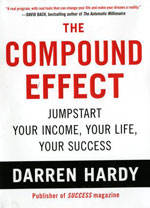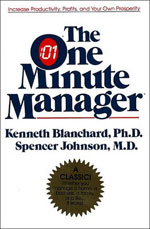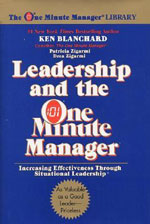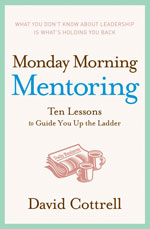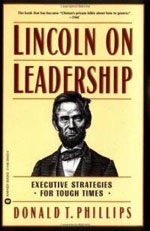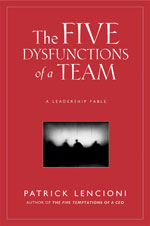I recently read about a gifted baseball player who was being scouted for the big leagues at a young age; he was thought of as the next big thing. During a farming accident, he lost his forefinger and part of the middle finger on his throwing arm. Doctors repaired his hand as best as they could and told him his baseball career was over, but this young man was not about to give up on his dream of playing professional baseball. His hand eventually healed and he went back to his high school team. Initially he struggled, but he refused to give up.
If any of you have played baseball, then you know the forefinger is the most important finger when throwing a ball. He practiced relentlessly until he learned how to throw with only three fingers, over until he was back playing third base. The coaches began to notice the interesting spin on the ball when he would throw it and convinced him to try pitching. The “interesting spin” allowed him to throw an effective curve ball, a deceptive fast ball, and change-up. The extra topspin made it difficult for batters to connect solidly.
Mordecai “Three Finger” Brown went on to be one of the greatest pitchers in the early 1900’s. He played for six different teams (including the Chicago Cubs), competed until age 40, won two World Series, and was inducted in the Baseball Hall of Fame in 1949. Brown accomplished all of this because he led a life of “no-excuses,” by accepting his injury and deciding to continue pursuing his dream. Even if the naysayers thought it was physically impossible, he dreamed of playing professional baseball and refused to allow his circumstances to define his future.
How much responsibility can you accept for your circumstances? We live in a society where kids blame their parents, people blame the economy, society blames OUR elected politicians, struggling sales people blame the company, sales blames marketing, marketing blames sales…you get the point. We always look for someone else to take the fall—as long as it’s not my fault, it’s not my responsibility to fix. But if you think about it, when we refuse to accept responsibility (or blame) for something, it only causes paralysis and we get stuck in a negative finger pointing/blame-game cycle where nothing changes. Accepting blame and taking personal responsibility means that although it’s easier to blame others, we choose not to; we are solely responsible for our results, no matter what the circumstances are. By doing this, we create opportunity for ourselves by acknowledging where we are, how we got there, and what we can focus on to change the situation.
Brown did not pass blame for the unfortunate and paralyzing accident; he accepted his situation and learned how to throw with three fingers instead of four. We too need to eliminate excuses. Highly successful people focus on the things they can control and have an impact on improving their situation. “I believe if it has to be, it is up to me, and I will shape my own destiny.”
And remember, “Birds of Feather Flock Together” (refer to my blog http://medexec.org/eagles-dont-fly-with-turkeys-3/). “Be mindful of the company you keep…blamers and critics are dreamers gone bitter and scared, so empathize and then ignore.”











